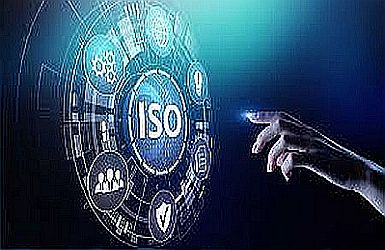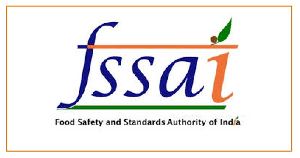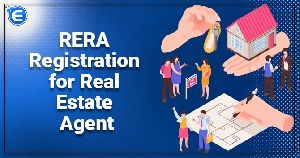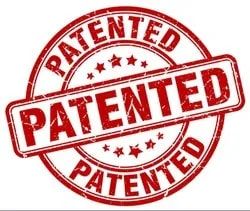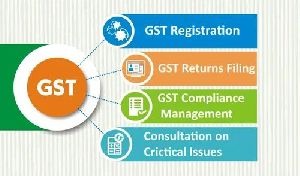ISO Certification & Other Certification
ISO certification helps to boost your business quality additionally the overall potency of the
business. ISO is an independent organization that gives standards in terms of quality, safety,
and efficiency of products and services provided by businesses. With the increasing
competition among the business, it’s top of the notch to deliver top quality of goods &
services so as to sustain within the market.
- ISO 9001 CERTIFICATION - QUALITY MANAGEMENT SYSTEM
- ISO 14001 CERTIFICATION – ENVIRONMENTAL MANAGEMENT SYSTEM (EMS)
- ISO 27001 CERTIFICATION - INFORMATION SECURITY
- ISO 45001:2018 CERTIFICATION – OH&S CERTIFICATION (OCCUPATIONAL
- HEALTH AND SAFETY MANAGEMENT SYSTEM)
- ISO 22000:2018 CERTIFICATION – FOOD SAFETY MANAGEMENT SYSTEM
- (FSMS)- FSSC22000 Certification
- ISO 20000:2018 CERTIFICATION – IT SERVICE MANAGEMENT SYSTEM
Other Certification
- CE certification for Medical Devices and Machines
- BIS registration for Electronic and Electrical Devices
- HACCP: Food Safety Management -- Hazard Analysis and Critical Control Points (HACCP)
- KOSHER (Just as the Food and Drug Administration inspects the US food supply to ensure that it is safe to eat and free from contamination according to US laws, Kosher certification agencies like EarthKosher inspect and certify food as well, in keeping with Jewish dietary laws.)
- SEDEX Certification -is a globally recognized accreditation that signifies a company’s commitment to ethical and responsible sourcing and manufacturing practices. It is a mark of trust that indicates a company’s dedication to social and environmental responsibility.
- SA8000-- The SA8000 Standard is an auditable certification standard thatencourages organizations to develop, maintain, and apply socially acceptable practices in the workplace. It was developed in 1989 by Social Accountability International, formerly the Council on Economic Priorities, by an advisory board consisting of trade unions, NGOs, civil society organizations and companies.The SA8000's criteria were developed from various industry and corporate codes to create a common standard for social welfare compliance. The current (2014) version of the standard is built on earlier 2001, 2004 and 2008 versions.

